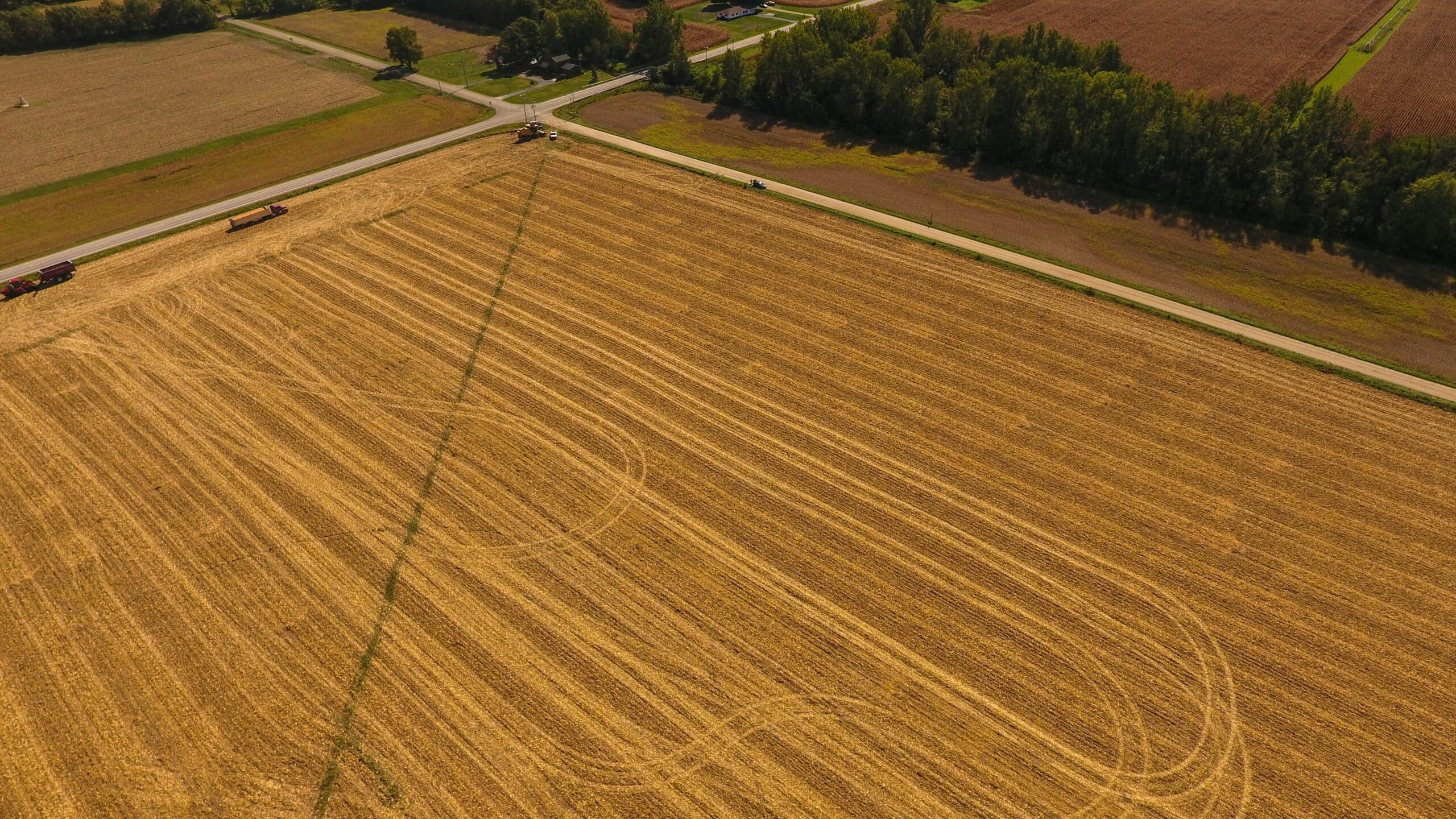Key Takeaways
- The U.S. Department of Energy (DOE) has conditionally committed a $1.26 billion loan guarantee to Michigan Potash & Salt Company for a state-of-the-art potash and salt production facility.
- The project will reduce U.S. dependence on foreign potash imports, enhance food security, and create significant economic benefits in Michigan.
- The facility is expected to generate 1,400 construction jobs and 200 permanent roles while tripling Osceola County’s industrial tax base.
- The operation will utilize advanced, low-carbon technologies for sustainable production of potash and food-grade salt.
What is the Michigan Potash & Salt Project?
The Michigan Potash & Salt Company has received a conditional loan guarantee from the DOE to construct a technologically advanced and energy-efficient facility in Osceola County, Michigan. The project aims to produce approximately 800,000 tons of potash and 1 million tons of food-grade salt annually.
Potash, a critical ingredient in fertilizers, is essential for crop growth and water conservation in agriculture. Currently, the U.S. imports over 90% of its potash, often from countries like Russia, Belarus, and Canada. The new facility will reduce this reliance and directly supply American farmers with high-quality, domestically produced potash.
Economic and Local Impact
The project is set to bring transformative economic benefits to Michigan:
- Job Creation: 1,400 union-based construction jobs and 200 permanent positions.
- Higher Wages: Salaries 2.5 times the county average.
- Tax Revenue Growth: Osceola County’s industrial tax base is expected to triple, providing more funds for local infrastructure, education, and public services.
Ted Pagano, Michigan Potash founder and CEO, stated, “This is a win for farmers, consumers, and the U.S. as we reduce our reliance on foreign countries for this critical mineral.”
Partnerships and Agricultural Benefits
The facility will partner with ADM, a global agricultural leader, to distribute potash directly to farmers and agricultural businesses.
Zach Sturm, ADM’s Director of Fertilizer Procurement, commented, “Increasing potash production in Michigan is good for Midwest farmers and American agriculture.”
The project will also collaborate with Michigan universities, including Western Michigan University and Michigan State University, to foster a skilled workforce.
Sustainability and Innovation
The facility will incorporate cutting-edge, sustainable technologies:
- Energy Efficiency: Powered largely by emission-free electricity.
- Water Recycling: 90% of water will be recycled in a closed-loop system using geothermal energy.
- Low-Carbon Products: The process will yield environmentally friendly potash and salt.
Pagano emphasized, “This facility will be one of the most energy-efficient in the country, ensuring sustainability and environmental responsibility.”


